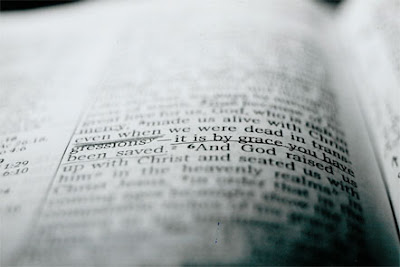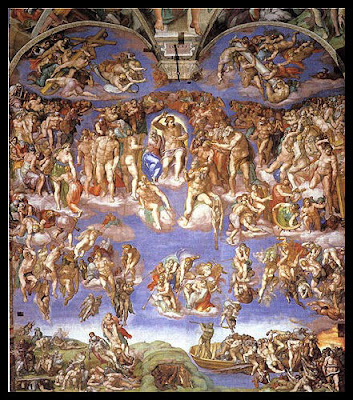 When teaching theology proper, I always start with God's incomprehensibility, because humility demands that we understand at the outset that we are like infants struggling to understand a genius who is speaking to us in our own terms.
When teaching theology proper, I always start with God's incomprehensibility, because humility demands that we understand at the outset that we are like infants struggling to understand a genius who is speaking to us in our own terms.To whatever degree it is possible for his creatures to apprehand him, God has made himself known.
Theology distinguishes between a comprehensive (exhaustive) knowledge of God, which we cannot have, and and an apprehensive knowledge, which is the limited, finite, creaturely knowledge that we can have. Apprehensive knowledge admits to degrees, so we can know God, more or less, in this human framework.
Even if we master every iota of information given by Scripture and nature about the character of God, and fully understand all that has been revealed, our knowledge will still be far from comprehensive.
In this world, because of the weakness of our flesh, our slothfulness, our slowness of mind, we do not even begin to master what he has revealed. Thus our apprehensive knowledge is weak and frequently attended by error.
R. C. Sproul, Truths We Confess: Vol. 1, p. 41-2























